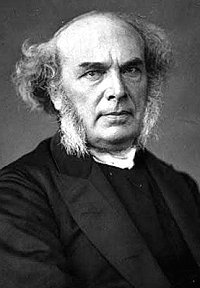
There is a tendency among some to undervalue doctrine, to exalt morality at the expense of theology, and to deny the importance of a sound creed. I do not doubt that a sound creed has often covered an unsound life, and that “much creed, little faith,” is true of multitudes. But when we hear it said, “Such a man is far gone in error, but his heart is in its right place; he disbelieves the substitution on the cross, but he rests on Christ Himself,” - we wonder, and ask, What then was the Bible written for? It may be (if this be the case) a book of thought like Bacon's Novum Organum, but it is no standard of truth, no infallible expression of the mind of an infallible being! The solemnity with which that book affirms the oneness of truth, and the awful severity with which it condemns every departure from the truth, as a direct attack on God Himself, shew us the danger of saying that a man’s heart may be in its right place though his head contains a creed of error.
Faith and unbelief are not mere mental manipulations to which no moral value is attached. Doctrine is not a mere form of thought or phase of opinion. Within what limits such might have been the case had there been no revelation, I do not say. But, with a revelation, all mental transactions as to truth and error assume a moral character, with which the highest responsibility is connected; their results have a moral value, and are linked with consequences of the most momentous kind.
On true doctrine rests the worship of the true God. From error springs the worship of a false God. If, then, Jehovah is a jealous God, not giving His glory to another, unbelief must be one of the worst of sins; and error not only a deadly poison to the soul receiving it, but hateful to God as blasphemy against himself, and the same in nature as the blind theologies of paganism, on which is built the worship of Baal, or Brahm, or Jupiter.